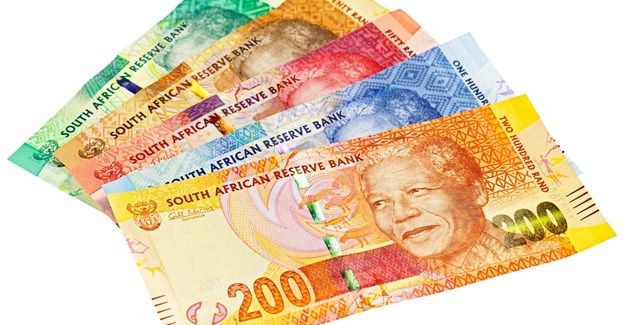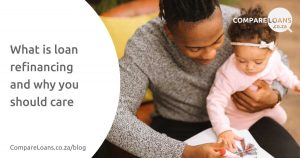Minimalist and frugalist lifestyles: Are they key to happiness?
If money doesn’t buy happiness, does that mean minimalism and frugalism are the way to go? Let’s dive a bit deeper and explore if minimalist and frugalist lifestyles can help you move up the happiness scale.
Frugalism – Control your money, not the other way round
Frugalism is all about enjoying life while finding more and more ways to spend money wisely. In other words, it’s the art of economics in best form. The danger here lies in being considered as stingy and cheap, but a true frugalist is a financial guru that always seeks maximum value for every rand they spend.
The art of frugality – Every rand counts
If you wish to incorporate frugality into your life here are few habits you should learn to get you started:
- Spend what you can afford. An excellent place to start is creating a monthly budget to avoid compulsive buying of unnecessary and often expensive items.
- Get excited about finding cheaper ways to do things. For example, if you have your eye on an essential item, find out where to get it on sale or at the best discount.
- Think about the value every rand brings into your life. If you’re buying a car or clothes, it may be better to buy a good second hand if it offers close to the same value.
- Make more effort and plan smartly. Being lazy can make you spend recklessly. For example, ordering takeout instead of cooking. Why not make your meals in bulk and store them in the freezer for times when hunger strikes and you don’t feel like cooking?
 Make it count
Make it count
What if frugality makes you unhappy?
Are you miserable at the thought of having to go without because you have chosen a frugal life? Chances are there are a few things you need to correct. Firstly, frugalism doesn’t mean you have to buy low-quality items and stop having nicer things. If you want to go for a shopping spree at the mall and treat yourself, then go ahead.
As a frugalist, you simply have to shop around for the best discounts and deals. Secondly, keep in mind that frugalism is something you do intentionally. At the end of the day, this lifestyle should feel flexible, not something you are forced to do.
 Don’t just buy at any sale. Give yourself 24 hours and see if you still really want it then.
Don’t just buy at any sale. Give yourself 24 hours and see if you still really want it then.
Minimalism – Do you really need it?
With a minimalist lifestyle, the general theme seems to be less is better. It is essentially the opposite of hoarding. Most of us tend to hoard, albeit on a smaller scale. We buy and keep things we don’t need. We mistake some of our clutter for value, and this distracts us from realizing that sometimes, we are mindless consumers. To start off with a minimalist lifestyle, look at what you spend money on and ask yourself, “Do I really need it?”
More tips for a happier, minimalist lifestyle
- Get rid of items that don’t contribute to your happiness: If you only bought that flashy car because you wanted to impress people, exchange it for the fuel saver you have always wanted.
- Scale everything down: Think about living in a studio apartment instead of a 2-bedroomed flat. This will force you to keep the things you only need. You will soon realize what is important and what is not.
- Find ways to save on time and effort: A minimalist lifestyle pushes you to focus more on the things that matter to you. If that 2-bedroom apartment needs more of your attention to keep things neat and ordered, then getting a smaller apartment might be the right move.
Things to remember when going minimal
There are no hard and fast rules for minimalists. How you adapt to this lifestyle is up to you because the things that bring you value and happiness are unique to your situation. For everything that you focus on and keep around you, it should be something that you derive happiness and satisfaction from. Your list can include anything from family and friends to hobbies and interests.
How minimalist and frugalist lifestyles can bring you happiness
Now that we have looked at both lifestyles and what they advocate for, it’s easy to see how they can potentially be sources of happiness. Here are just a few examples of how this can happen:
- You save more money and increase your financial stability: This removes a lot of stress and worry and gives you the freedom to be happier.
- There is a feeling of being more in control of your life when you can deliberately leverage your finances, experiences, and belongings to bring more value.
- When you remove the things that you consider unnecessary, you’re happy because you’re putting yourself first. Doing something because of societal expectations can steal peace of mind, especially in this era of social media.
Conclusion
Minimalist and frugalist lifestyles may not be the ultimate key to happiness, but they could help. When you can spend wisely and save while still having the things you love, you become financially independent and learn to be mindful, purposeful, and freer.
Cover photo by Natalia Y on Unsplash
Latest posts

Why was my loan application rejected?
23.08.2020

What is loan refinancing and why you should care
23.09.2020

What is financial responsibility and how to achieve it
24.11.2020
